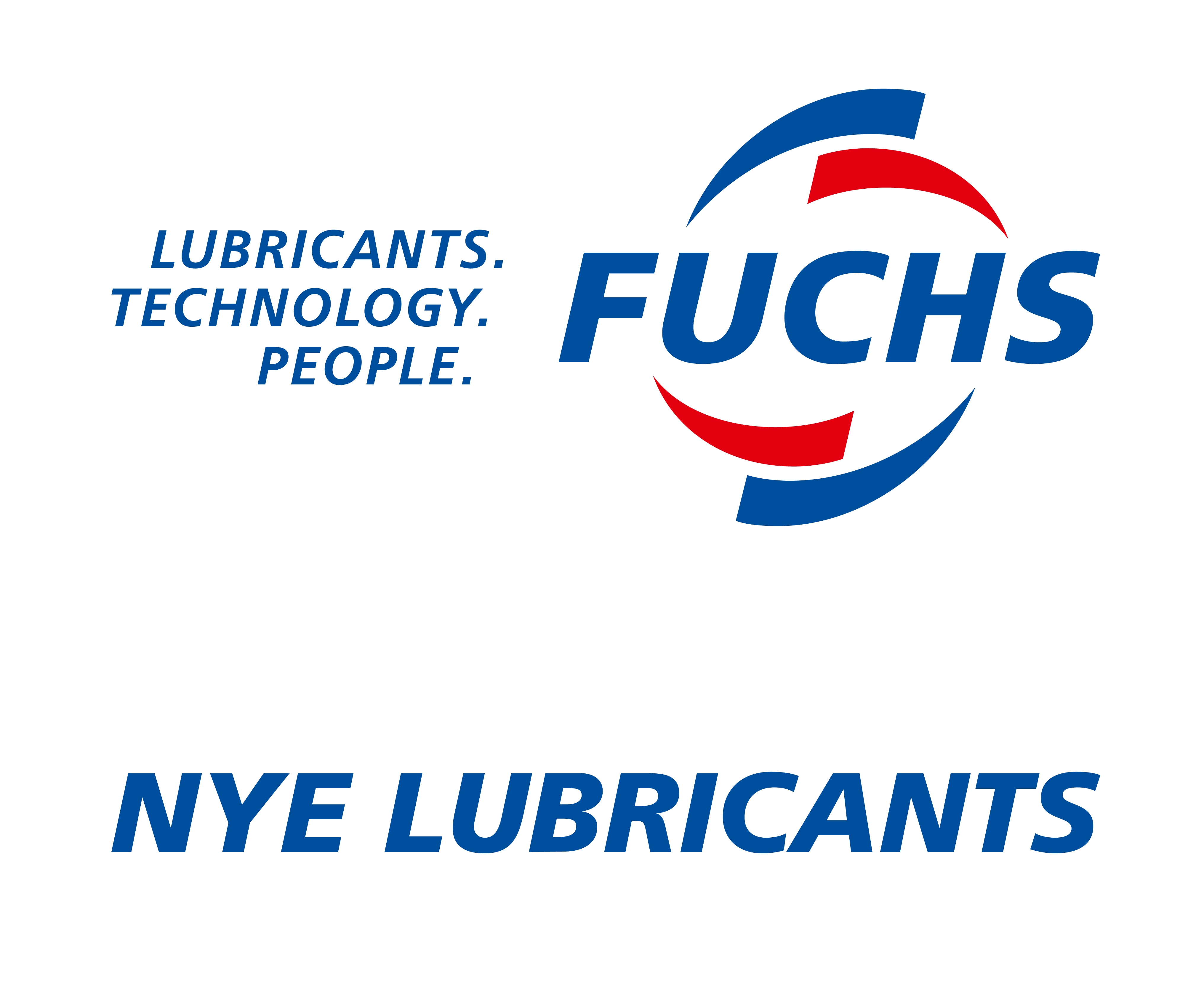Why Should You Choose Ultrafiltration?
What is Ultrafiltration of an Oil or a Grease?
Ultrafiltration is a rigidly controlled filtering process that detects microscopic particulates in a lubricant. The primary task of this process is to remove unwanted substance or contamination from the grease or oil. The contamination level of grease is described by the number of particles within a range, in which the particle sizes are counted under a microscope and are determined by the largest dimension in micrometers.
There are three cleanliness levels for greases:
- Unfiltered grease can contain particles larger than 75 microns.
- Filtered or "clean grease" cannot have any particles larger than 75 microns, and there must be less than 1,000 particles per cubic centimeter between 24 and 74 microns in size (MIL-G-81322, Aircraft Grease).
- Ultra-filtered grease must not have any particles larger than 35 microns, nor may it have more than 1000 particles per cubic centimeter between 10 and 34 microns in size (MIL-G-81937, Ultraclean Instrument Grease).
What is Nye’s Experience & Capabilities in Ultrafiltration?
For over 35 years, Nye Lubricants has been involved in developing innovative procedures, test methods and equipment to provide ultraclean lubricants to the Aerospace, Semiconductor, and Photonic Industries. Nye regularly ultra-filters synthetic oils and greases for specialized applications, such as precision bearings, in disk drives, navigational gyros, high speed dental drills, or positioning equipment used in vacuum chambers. Other products that are routinely ultrafiltered include optical gels, disk coating fluids, and lubricants for micro-switches.

Nye offers ultrafiltration services in our certified clean room environments for our own synthetic oils or greases and for those of other manufacturers. For example, our MAC-based lubricants are customized formulations that are ultrafiltered in the room certified to a class 10,000, ISO class 8. All equipment in the MAC room is dedicated to MAC chemistries to prevent cross contamination. Our other clean room filters grease and oils for a variety of industries is a class 100,000, ISO class 7.
Why Should You Choose to Have Your Lubricant Ultrafiltered?
- Particulate matter can jeopardize the operation of miniature and high speed devices
- The difference between success or failure of applications could be a particle the size of a grain of sand or a molecular haze from an additive
- Any solid contaminant greater in diameter than the EHD film that separates the bearing from the race can damage one or both surfaces
- Nye has world-class clean room equipment and personnel dedicated to this process
Ultrafiltered synthetic oils and greases were first developed for the military. However, more stringent demands for quality, reliability, and long operating life have made ultrafiltration a requirement for many other types of applications.
If you’d like more information about ultrafiltration, Contact Us.
Related Technical Articles & White Papers
SEMICONDUCTOR: Ultraclean Lubricants for Critical Applications
An introduction to ultrafiltration, a rigidly controlled “cleaning” or filtering process that removes microscopic particulates from synthetic oil and grease intended for sensitive mechanisms.
William Galary
Read More

